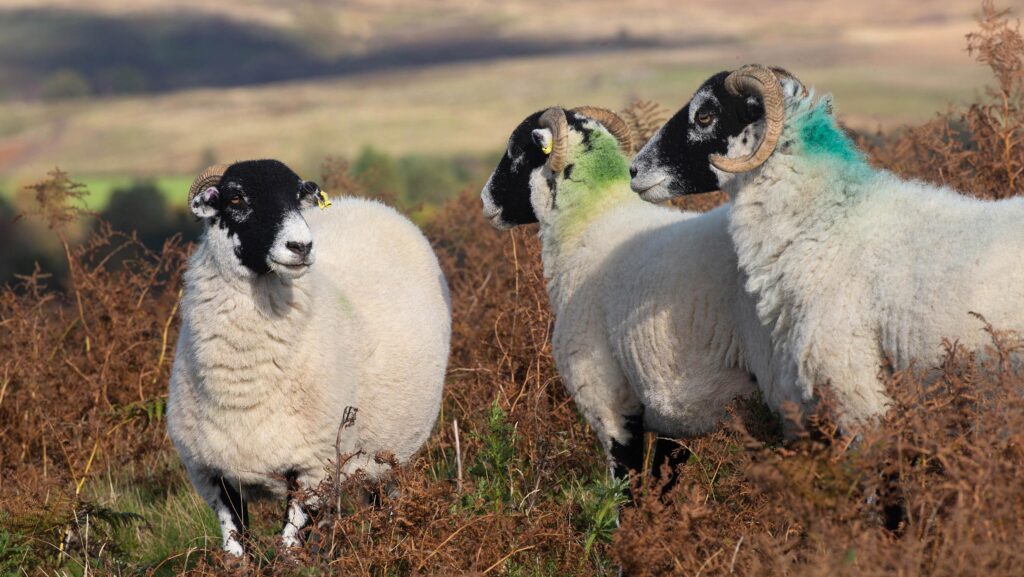70% of moorland missing out on £7 million of funding
 © Tim Scrivener
© Tim Scrivener Upland farmers in England are missing out on an estimated £7m of potential funding from Defra, available to those who sign up to the moorland survey action under the Sustainable Farming Incentive (SFI).
The MOR1 action under SFI pays farmers on non-common moorland some £10.60/ha to undertake a fairly simple survey of the soil and vegetative state of their land – a figure that rises to £17.60/ha for those on common land.
The survey includes an assessment of soil/peat depth, and an overview of bracken, gorse, heather and grass coverage.
See also: Defra announces further changes to the SFI 2024 scheme
Figures recently obtained by the Foundation for Common Land from the Rural Payments Agency (RPA) show that, for SFI 2023, just 220,000ha of moorland had been accepted into this action out of a possible 800,000ha.
According to the foundation’s Julia Aglionby, that is equivalent to over £7m not being claimed.
“It is a huge shame that so many farmers are missing out on this easy-to-apply-for funding. The money is there for the asking,” she said.
The process of undertaking the moorland survey is not onerous, and can be made even easier by utilising the Foundation for Common Land’s Digital App.
This enables the moorland survey to be undertaken in a straightforward, compliant manner, from a mobile phone.
“Over 92,000ha has already used our Digital App, it is farmer friendly, no mobile phone signal is required, and there is no need to employ expensive consultants to do the survey for you,” said Ms Aglionby.
Private moorland owners are able to apply for the MOR1 option by making an expression of interest to the RPA and then applying through the controlled rollout of SFI 2024.
Those with common land can still apply via the RPA’s “offline” application process.
“While SFI 2024 isn’t open for general application yet, MOR1 can be accessed by all moorland occupiers, and we encourage everyone to take up this funding,” said Ms Aglionby.
“You can stack this option on top of any existing stewardship scheme.”
